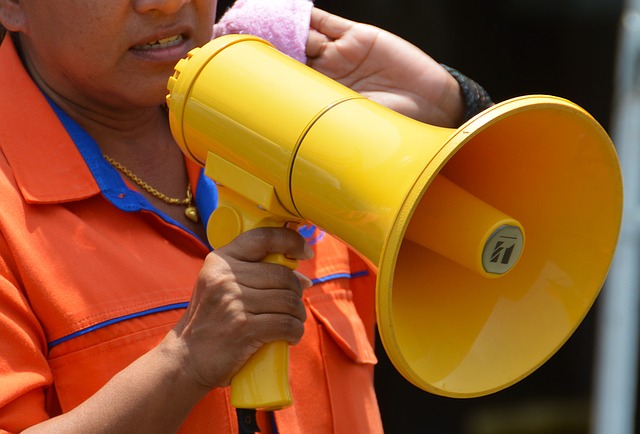Consider putting self-care at the top of your holiday gift list. When your to-do list spirals out of control, it’s tempting to borrow from the time you’ve committed to your own self-care, in an attempt to catch up. That’s a slippery slope! When you feel really busy or stressed is the WORST time to abandon your self-care. Once you start that borrowing it becomes more and more difficult to reclaim YOU. We live in a culture where it’s easy to equate our value as human beings with how busy we are, how hard we work or how many items we check off our to-do list each day. Studies show that neglecting your own self-care makes you less productive and less efficient.
Here are a few signs that your self-care habits may be setting you up for declining vitality and productivity…
… Maybe it started innocently by getting up 30 minutes early to catch up on a few things. Now you’re trying to get by on 5 hours of sleep and still hoping to find for more time.
… Maybe you’ve noticed fast-food is your meal of choice or your primary lunch companion is your computer monitor.
… Maybe the once daily trips to the gym have slowly eroded. Now a 30-minute walk once-a-week is your fitness routine.
(Check here for some additional signs)
- Self-Care is NOT a luxury. Self-care is an investment in the maintenance and rejuvenation of your body, mind and spirit. It’s the foundation you need to help you take on the stress and challenges you meet in our fast-paced world.
- Self-Care is NOT being selfish. You may have been taught that it’s noble and good to put the needs of others before your own. But when we’re exhausted, depleted, and cranky there’s little energy left to support loved ones. Loss of mindfulness may even make things worse.
- Look for ways to re-charge your vitality. I like my self-care practices to pay-off quickly or I won’t do them consistently. A morning gratitude practice along with a short meditation (you choose what short means for you) sets me up for the entire day – peaceful, focused and able to navigate the conditions called life. The key is to find what works for YOU so you’ll quickly get to enjoy the benefits.
Practicing some kind of self-care activity that takes 10-15 minutes a day is far more helpful than one that takes two hours once a month.
4. Apply Kaizen a one-minute principle to overcome laziness. Knowing that a self-care practice is good for us is usually not enough to sustain our momentum until it becomes a habit. (According to a 2009 study here’s how long it really takes for a habit to stick).
It takes on average 66 days to form a new habit, not the 21 days we’ve been told.
Clearly it’s going to take a lot more than willpower. At the heart of Kaizen is the idea that a person should practice doing something for a single minute, every day at the same time. Experiencing victory and success, starting with that one minute, is what keeps us moving forward. When inspired by such feelings, you will gradually begin to increase the amount of time you spend doing the task you have set for yourself.
In this way, the one-minute principle lets you see the progress you’re making right before your eyes. Stars and brownie points worked to motivate most of us in grade school. And acknowledging small progress each day, in the same way, builds momentum for adults.
As 2016 wraps up, what low-care practices are you going to replace with self-care practices? Practices that ensure your vitality-batteries remain charged?
joanne@jmarceau.com













You write so more well about Christmas gift. Most of the people are like your four reason and i hope every one faced this problems. So it can be solution for us.